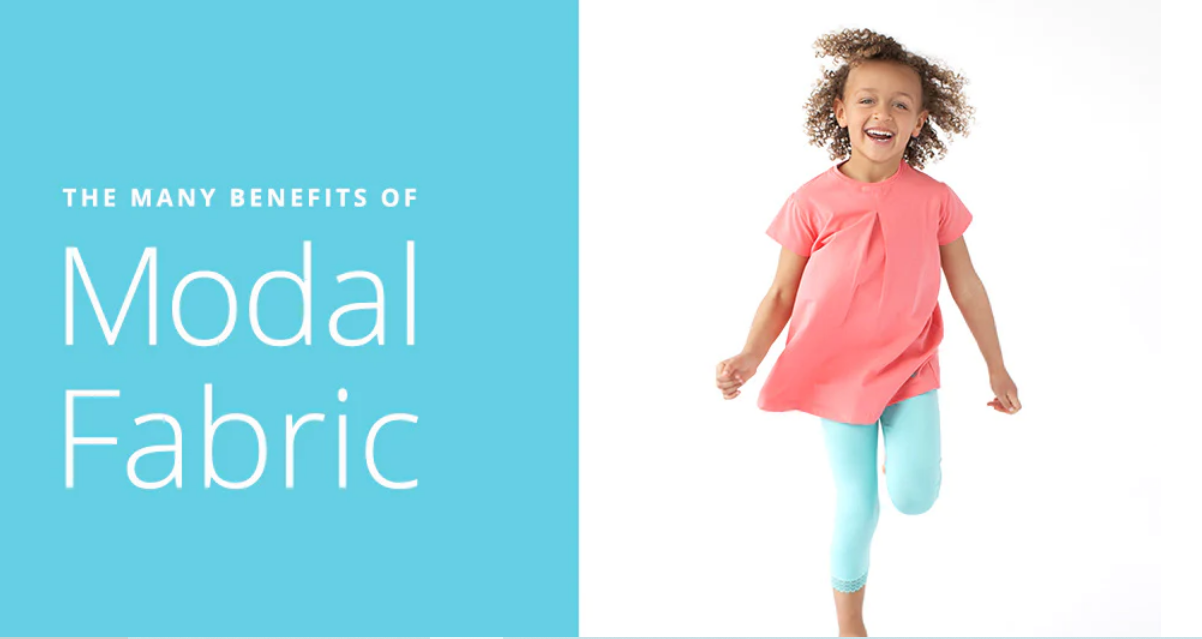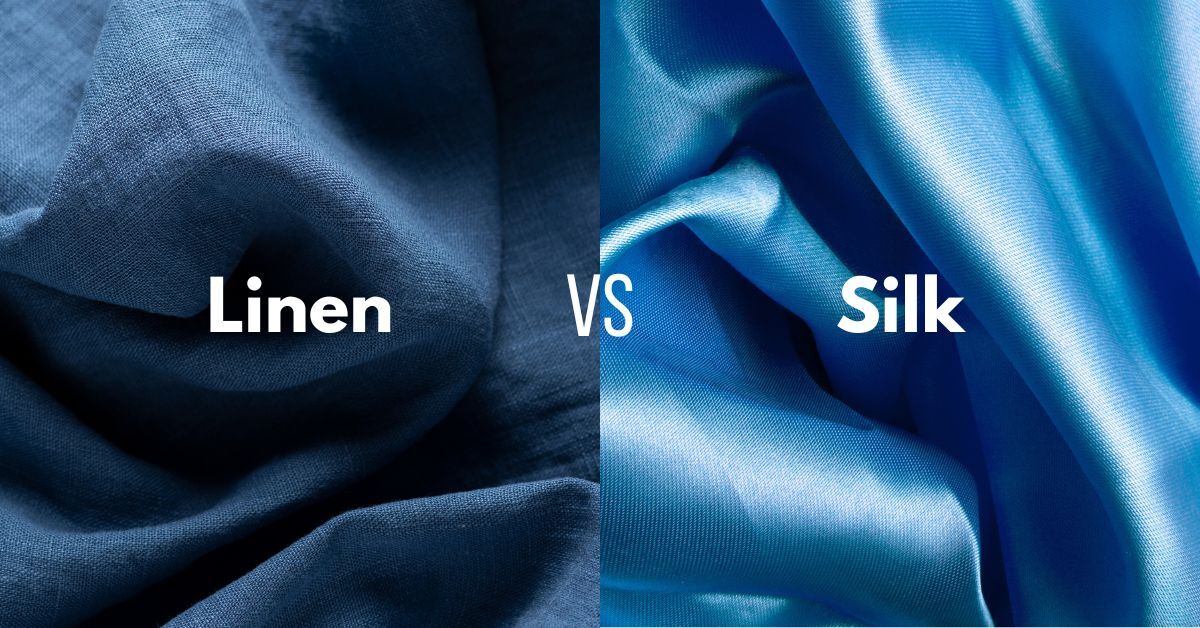The global apparel industry is undergoing a transformation as consumers demand more sustainable and ethical choices. Conscious consumerism, defined by purchasing decisions that prioritize environmental and social impact, has become a driving force behind this shift. Brands are embracing this movement, merging sustainability with style to meet modern consumers’ expectations.
What is Conscious Consumerism?
Conscious consumerism reflects an awareness of the impact purchasing habits have on the planet and society. It encourages consumers to choose brands that align with their values, such as:
- Sustainability: Reducing environmental harm through eco-friendly production and materials.
- Ethics: Ensuring fair labor practices and animal welfare.
- Transparency: Providing clear information about sourcing and manufacturing.
This shift has been fueled by increased access to information and growing concerns about climate change, waste, and exploitation in the fashion industry.

Why Sustainability Matters in Apparel
Environmental Concerns
The fashion industry contributes approximately 10% of global carbon emissions and produces vast amounts of waste. Fast fashion exacerbates these issues with rapid production cycles, overconsumption, and unsustainable materials. Conscious consumerism advocates for:
- Reducing textile waste through recycling and upcycling.
- Using sustainable materials like organic cotton, Tencel, and recycled polyester.
- Lowering water and energy use in production.

Social Responsibility
Consumers are also demanding fair wages and safe working conditions for garment workers. The rise of certifications like Fair Trade and B Corporation helps identify brands committed to ethical practices.

Brands Leading the Way
Pioneers in Sustainable Fashion
- Patagonia: Known for its commitment to environmental activism, Patagonia uses recycled materials and encourages repairing clothes rather than buying new ones.
- Everlane: Focuses on transparency, sharing detailed costs and factory information with consumers.
- Stella McCartney: Combines high fashion with sustainability, using innovative materials like vegan leather.
Fast Fashion Goes Green?
Some fast fashion brands, like H&M and Zara, have introduced “green” collections. However, these efforts are often criticized as greenwashing if not accompanied by systemic changes.
Consumer Trends Driving Change
Second-Hand Shopping
The resale market, including platforms like ThredUp and Depop, is booming. This trend extends the lifecycle of garments, reducing waste and promoting circular fashion.

Minimalism and Capsule Wardrobes
Minimalism encourages buying fewer, higher-quality pieces that last longer. Capsule wardrobes reflect this philosophy by focusing on versatile staples rather than trends.

Challenges in Sustainable Fashion
Despite the momentum, challenges remain:
- Cost: Sustainable apparel often comes at a higher price.
- Accessibility: Eco-friendly options may not be available in all regions.
- Greenwashing: Misleading claims about sustainability can erode trust.
Addressing these barriers requires education, innovation, and accountability from brands.
The Future of Conscious Consumerism
The rise of conscious consumerism is reshaping the apparel industry. Consumers are demanding more from brands, driving innovation in materials, production methods, and business models. Governments and organizations are also stepping in, introducing regulations and incentives to promote sustainable practices.

Conclusion
Conscious consumerism combines style with substance, paving the way for a more sustainable future in fashion. By prioritizing transparency, ethical production, and environmental stewardship, brands can meet the demands of today’s consumers while reducing their impact on the planet. As more people embrace mindful purchasing, the fashion industry must evolve to align with these values, proving that sustainability and style can coexist beautifully.
About IGREEN TEX
IGREEN TEX is a provider of fashion and textile products, offering a wide range of apparel both domestically and internationally. Our commitment to quality ensures that our products not only meet the highest standards but also promote eco-friendly practices.
IGREEN TEX VIETNAM CO LTD
Address: No. 83, A4 Street, Ward 12, Tan Binh Dist, HCMC
Tax code: 0315844409
Email: info@igreentex.com
WhatsApp/Viber/Zalo: +84 938.045.900


